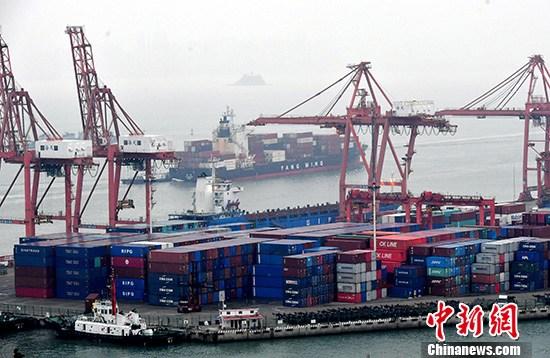China's efforts in free trade highlighted
China's role in promoting free trade, renewable energy, and global governance reform is pivotal against a backdrop of intensifying geopolitical tensions, experts said, as the 19th G20 Leaders' Summit kicked off on Monday in Rio de Janeiro, Brazil.
The two-day summit will provide a crucial platform for dialogue and cooperation among major economies, with experts anticipating that China will prioritize these issues to help stabilize international trade and advance global sustainability.
Lawrence Loh, director of the Centre for Governance and Sustainability at the National University of Singapore, emphasized the summit's importance in the current geopolitical landscape.
"The G20 will be relevant more than ever," he said, highlighting the opportunity for leaders to address issues, including the conflicts in Ukraine and the Middle East. But "a singularly most critical priority" for China is free trade, he noted.
Ben Cavender, managing director of the China Market Research Group, echoed the sentiment, emphasizing the G20's role as a consensus-building forum.
"Given the current tensions, the G20's importance in fostering multilateral cooperation cannot be overstated," he said.
China's commitment to renewable energy and sustainable development is another area where experts foresee a strong emphasis.
Cavender pointed out that open trade and export growth are crucial for China's renewable energy sector. "China needs to drive growth in exports, particularly in renewable energy technology," he said, predicting that these themes are likely to feature in China's agenda.
Tom Harper, a lecturer and researcher specializing in China's international relations at the University of East London, agreed. "China's G20 focus will likely include bolstering its green credentials and promoting sustainable development," Harper said, adding that China's experience could serve as a model for developing countries.
The China-proposed Belt and Road Initiative "demonstrates how China can take the lead in advancing global energy transition, showing its commitment to environmental sustainability both at home and abroad", he added.
Experts agree that the G20 presents an opportunity to push for reforms in global governance institutions and strengthen multilateralism.
"It is important to maintain mutual respect between countries," Loh said. "While standing firm on principles of international diplomacy such as fostering the collective good of the world, areas of common interests can be forged for a pro-business world."
Christopher Bovis, a professor of international business law at the University of Hull, highlighted the G20's role as a platform for addressing divergent global policies. "China should emphasize its commitments to free trade, energy transition, economic growth, and investment."

